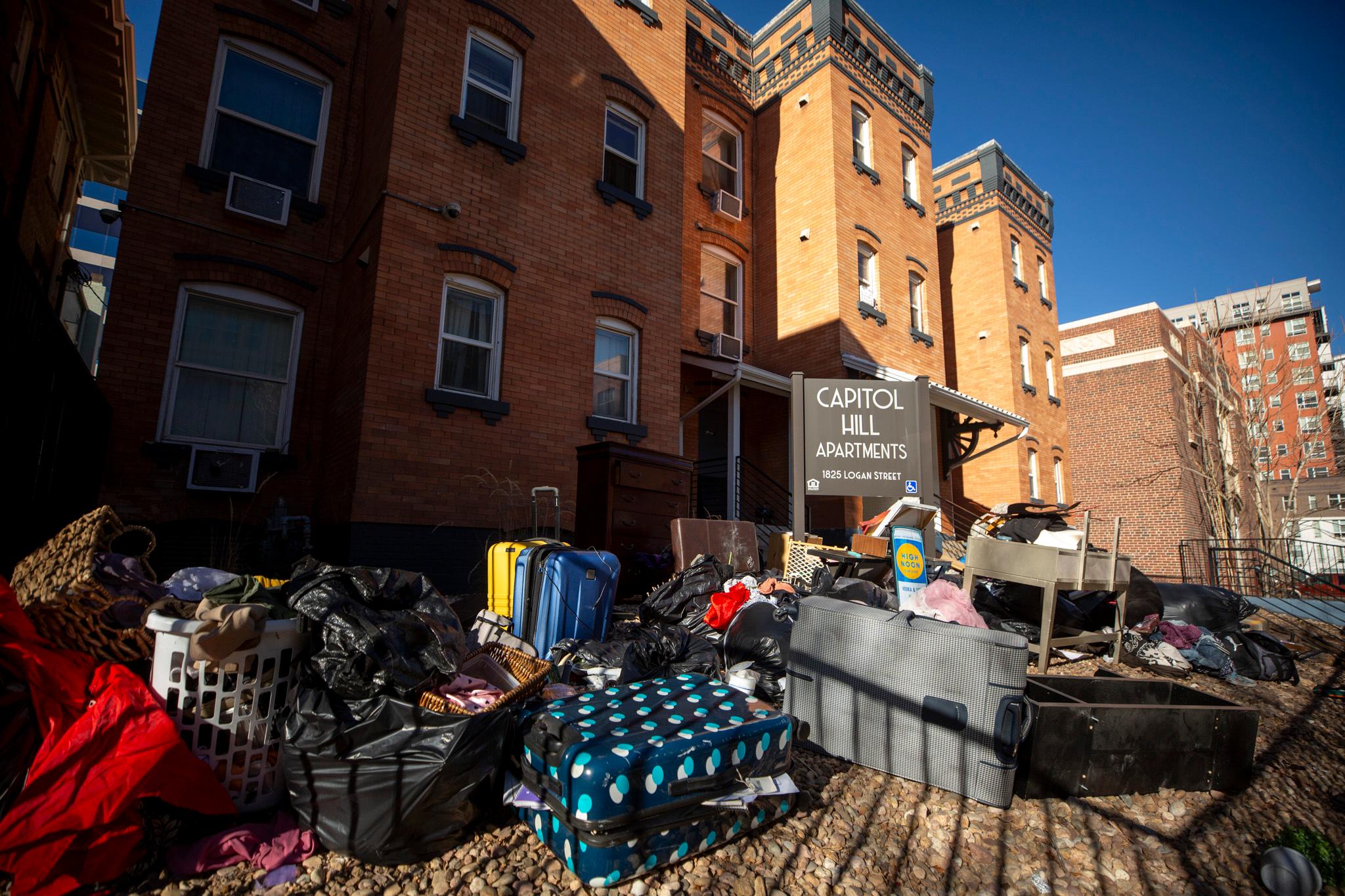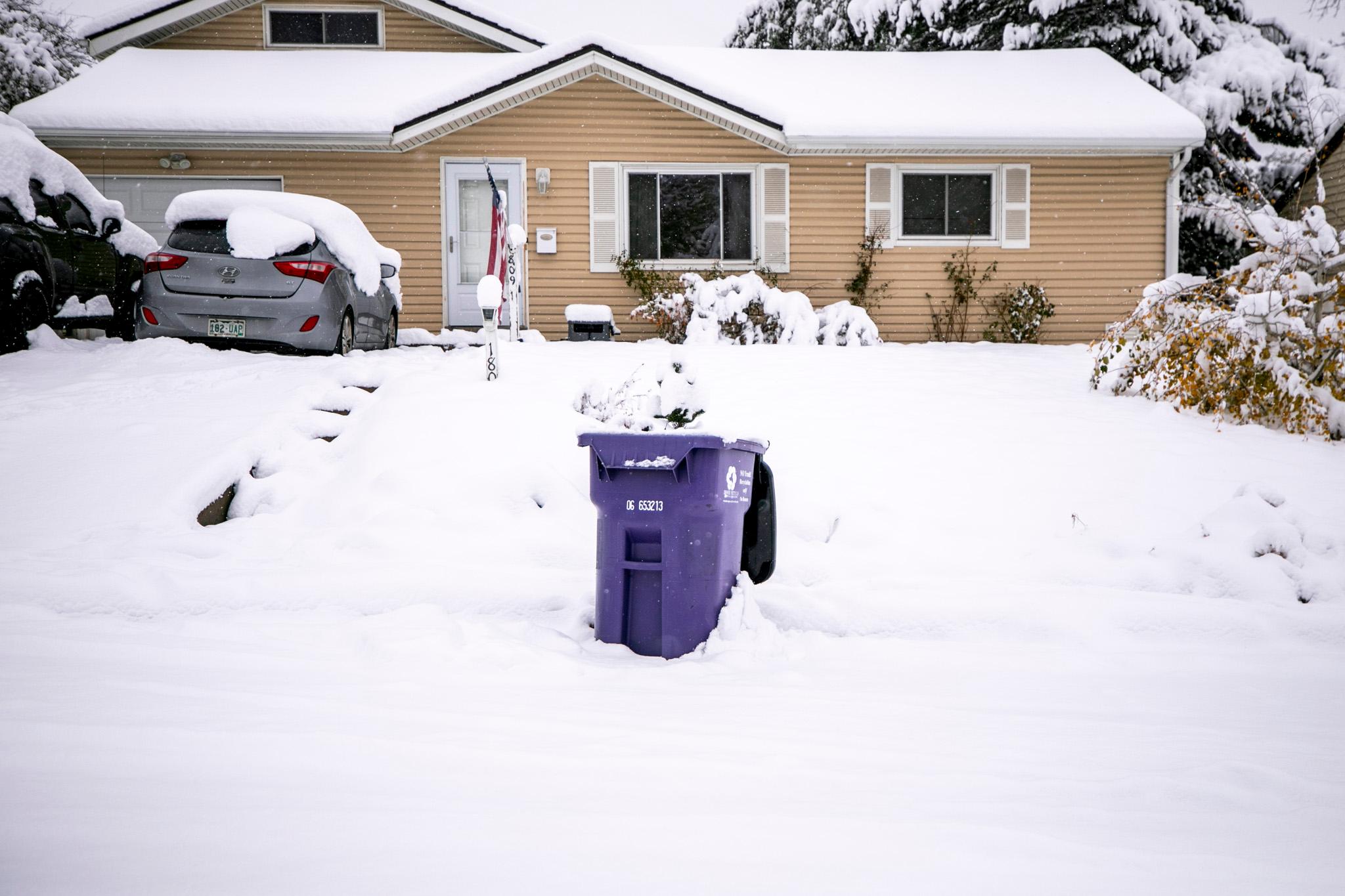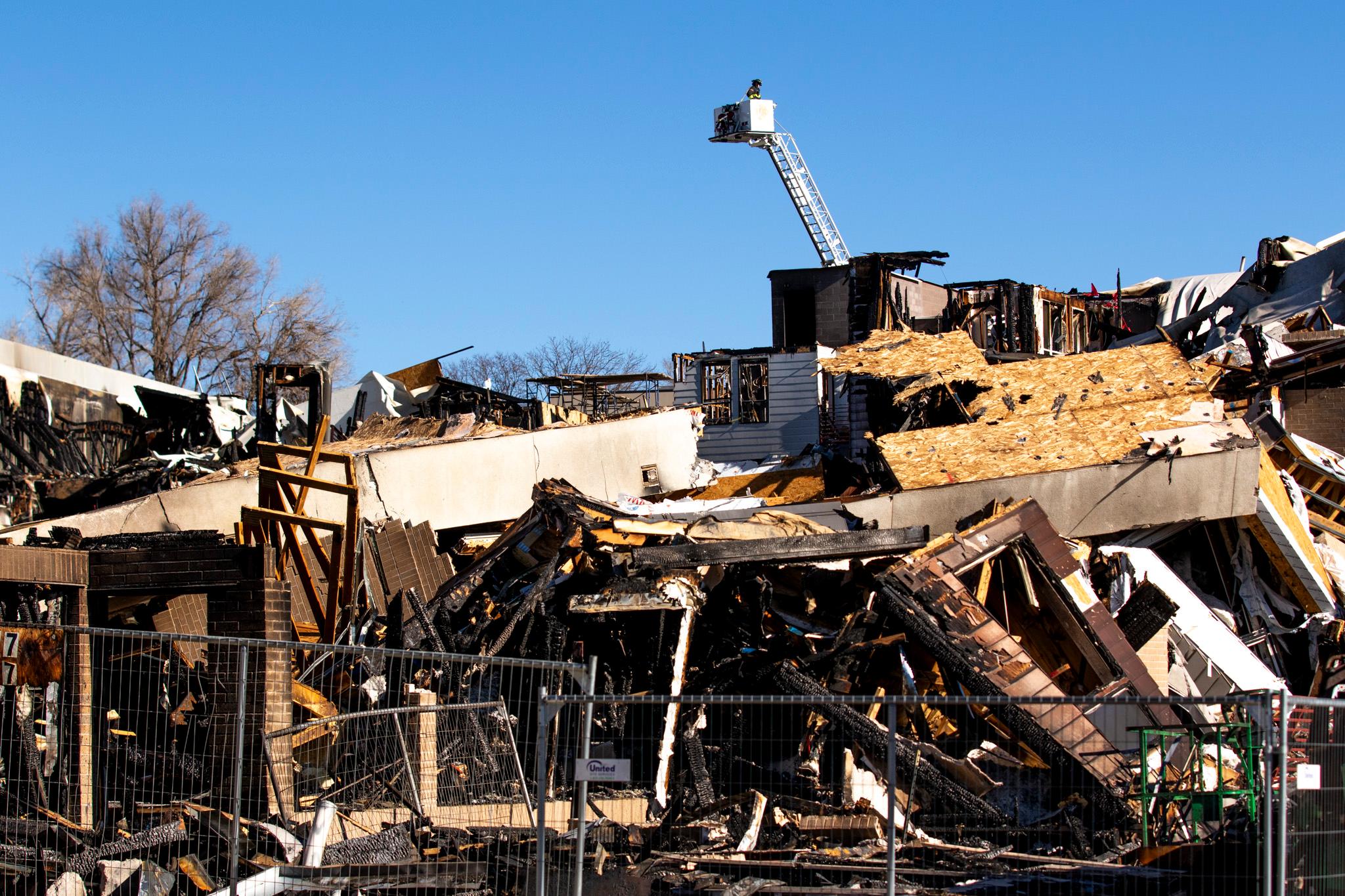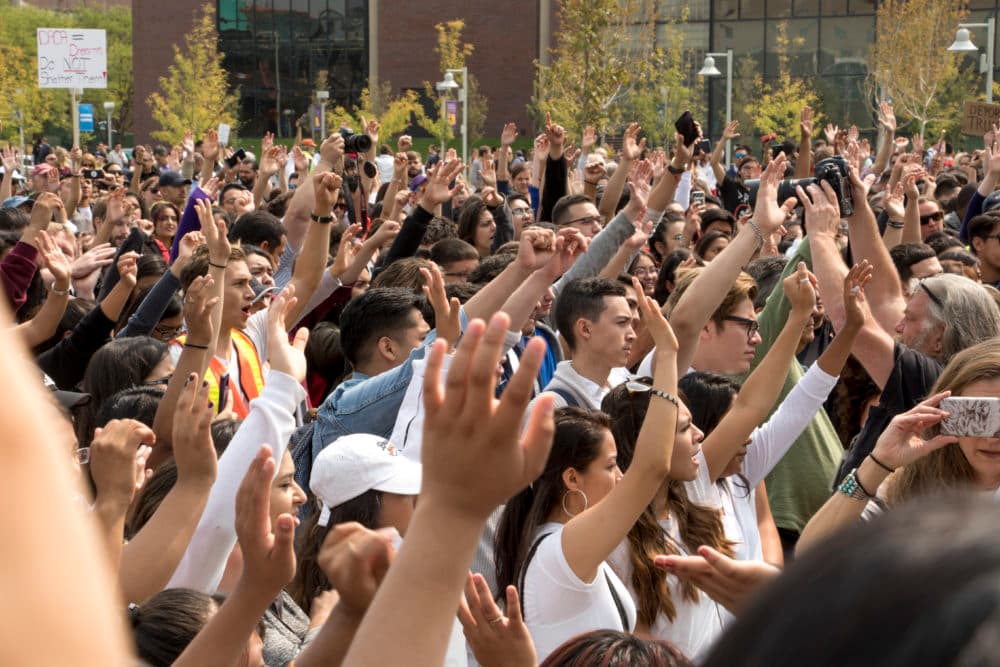
The Trump administration on Tuesday set a stark deadline for a group of young immigrants who have long lived in uncertainty: six months.
That is how long President Donald Trump will give Congress to overrule him before he terminates Deferred Action for Childhood Arrivals. Known as DACA, the program was created by President Barack Obama, and it has given 17,000 undocumented immigrants in Colorado the right to work and limited protection from deportation.
The announcement of the program's impending end sent a wave of young protesters into the streets of Denver, with nearly 2,500 of them converging in front of the grand old hall of the Tivoli Student Union at Metropolitan State University, according to organizers' estimates.
In interviews there and elsewhere, we asked what DACA recipients and those around them would do in the six months ahead.
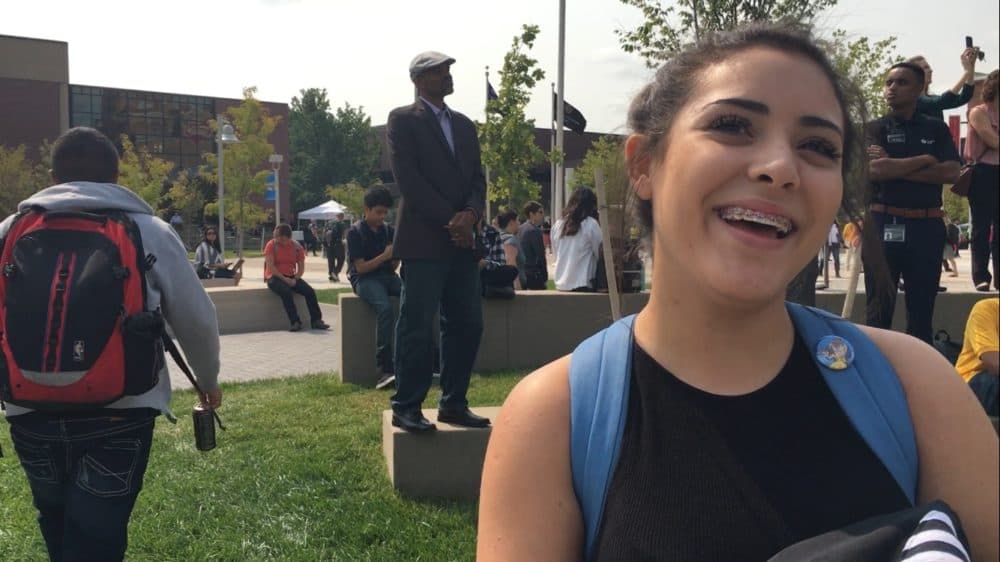
Kendy Macias, 15, had been in the process of applying for DACA, which gives recipients a temporary work permit and some protection from deportation.
"Keep fighting," she replied when asked her plans for the six months ahead. "I'm going to show them that I deserve to be here."
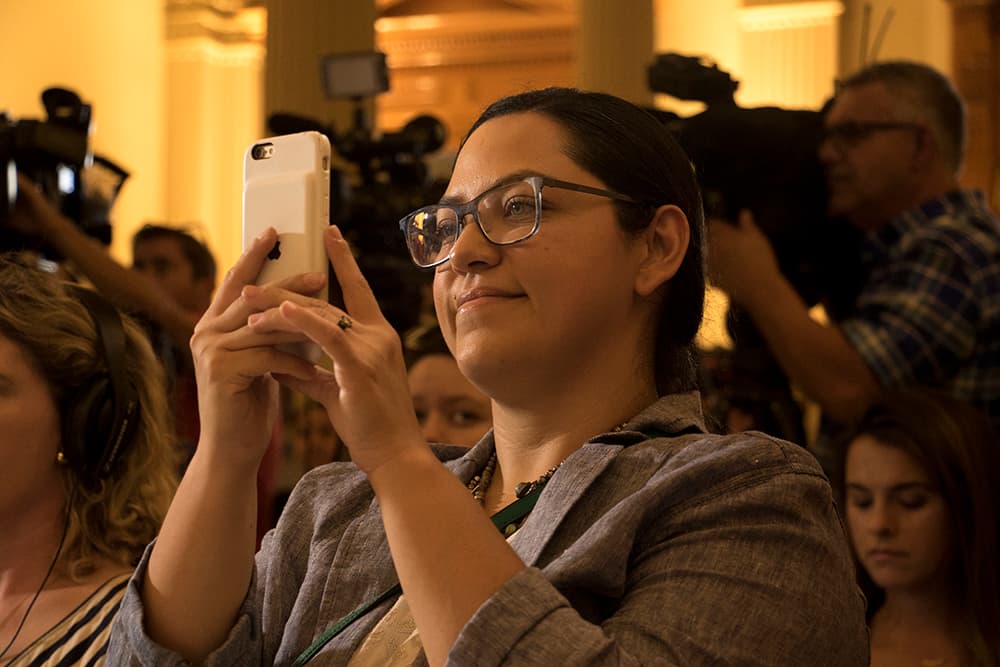
Julie Gonzales is legal and policy director for Meyer Law Office. For the next 30 days, they'll be holding consultations with as many DACA recipients as possible, she said. Anyone whose DACA status expires on or before March 5 will be eligible to renew their status, which could grant up to two years of new protection.
Those who cannot renew in that time period will be seeking other means of qualifying for protections -- or preparing for life without documentation, she said. While some DACA recipients might have a back-up option -- for example, if they are married to a citizen or can make a case for asylum -- others have exhausted all their legal means. All have been in the United States since age 15, and many from a much younger age.
The law firm also will be training others. "Our phone has been ringing off the hook, with schools, with community organizations, trying to start scheduling know-your-rights consultations," she said.
The American Civil Liberties Union of Colorado is preparing for similar trainings, and is mapping out what states and cities might do to protect DACA recipients themselves, according to director Nathan Woodliff-Stanley.
"Our whole immigrant population is under threat, but this now puts a whole new segment of that population under great threat, in an extremely cruel, extremely confusing way," he said.
Finally, Gonzales is preparing for the political debate ahead, as Congress is expected to take up the question of whether to make DACA more permanent. (See local officials' stances here.)
"One scenario we’re bracing for is the Trump administration trying to say, 'Well, I’ll support the DREAM Act if you support giving me unlimited funding for a border wall, or some other deal-making that tries to play politics with people’s lives," she said.

Rogelio Munoz, 17, watched the rally from the back of the crowd, wearing a shirt that declared, "Yo soy DACA," in handwritten letters on its back.
"I'm going to continue going to school, because that's the best that I can do," he said.
A senior at DSST Cole High School, Munoz plans to study interior design in college next year. If he attends a college in Colorado, he'll still be allowed to pay in-state tuition under a 2013 law, but he would be severely limited in his ability to work to pay for school after his status expires in April.
Still, he won't be deterred from education, he said. "It's what's going to make sure that I can succeed in this country, because this country hasn't always supported my people."
University of Colorado has promised to keep admitting students regardless of their immigration status, and DACA protection is not required to apply for or attend school.
Meanwhile, Munoz will also be pressing his elected officials for action. "The only way that I can ensure that I won't be deported after DACA ends is that Congress does something," he said.

Casey DiGaetano, 61, and Josh Springer, 31, work with Service Employees International Union Local 105 in Colorado.
"Phone blast our Congress members. Show up at rallies. Speak openly to the people in our community about what is the value of the American dream," DiGaetano said of her plans.
"Now is a good opportunity for us to bind together," Springer added.
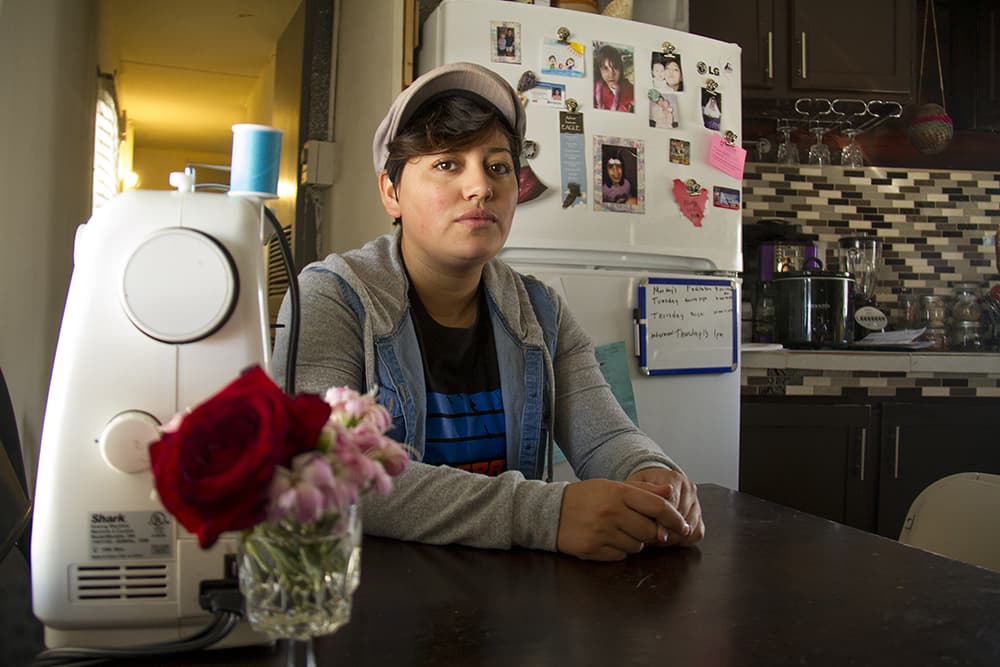
"I honestly don't know how to answer that question. I don't know what I am feeling right now," wrote Bianca Acosta, a DACA recipient and Denver Public Schools employee, by email.
First, she planned to let her school principal "know about the news," and that she wouldn't be able to keep working for DPS.
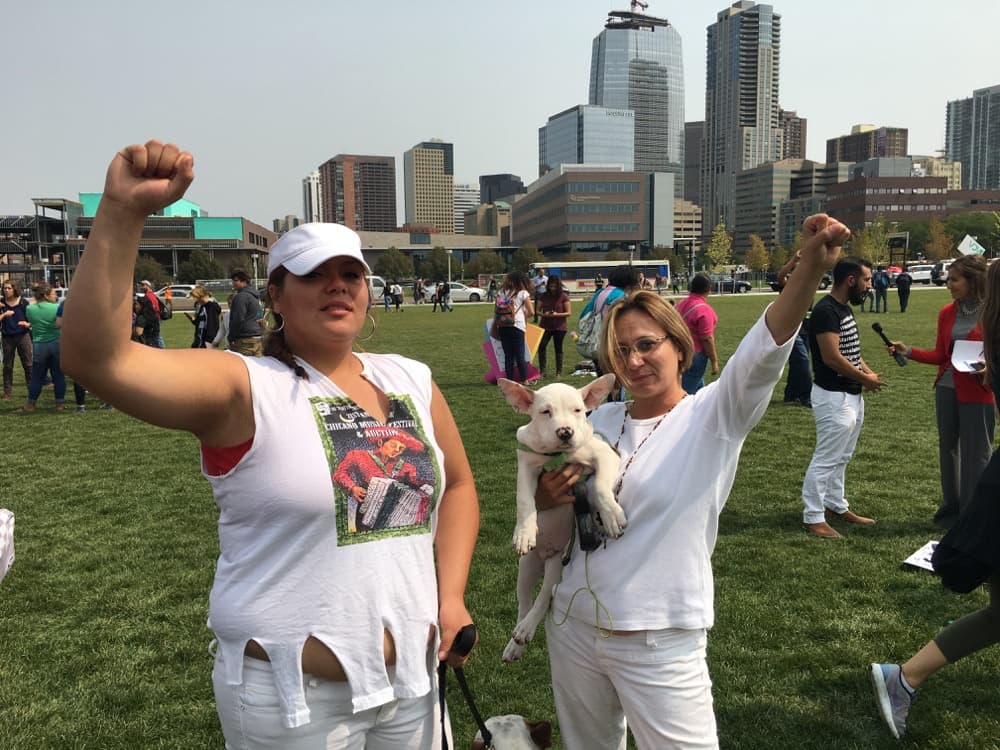
Xochimilco Corona, 41, is not directly affected, but she plans to support those who are.
"I was born here. Still, these are my people. It's still affecting me. I believe they deserve equal rights," she said. "Our ancestors were indigenous to this land. For them to treat us as immigrants is crazy. It's a shame."
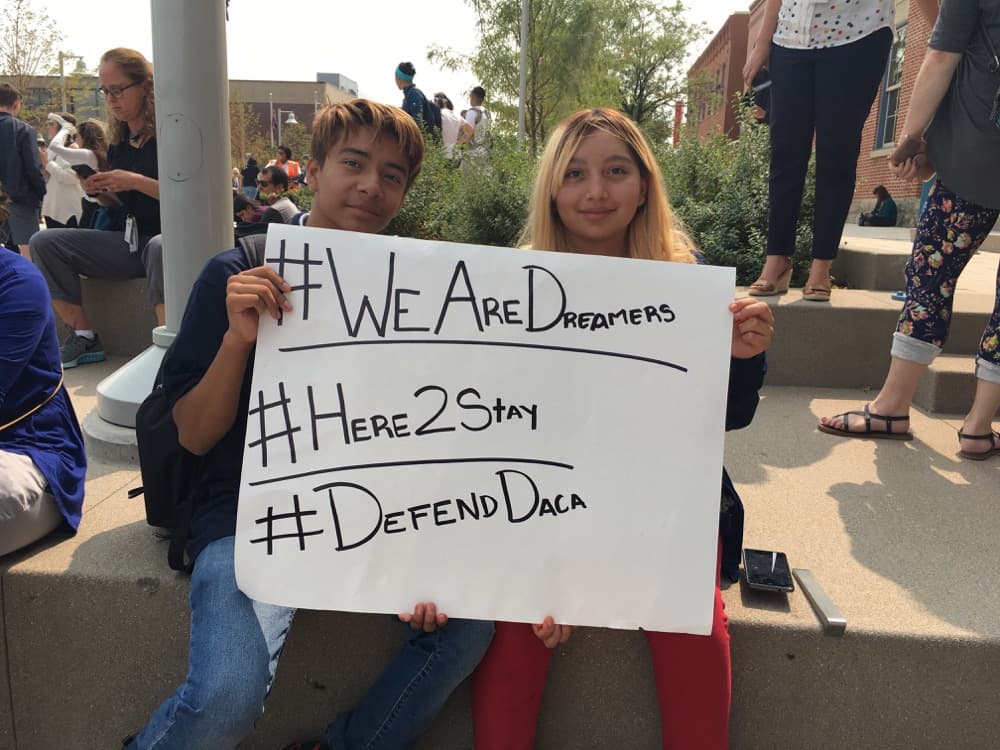
Pilar Pacheco, 15, estimated that she knows 10 to 15 undocumented people
"Helping our friends ... by supporting them," she said when asked about her plans for the months ahead. "Try to talk to someone higher than them, to see if they can try to get it done. Encourage them not to give up."
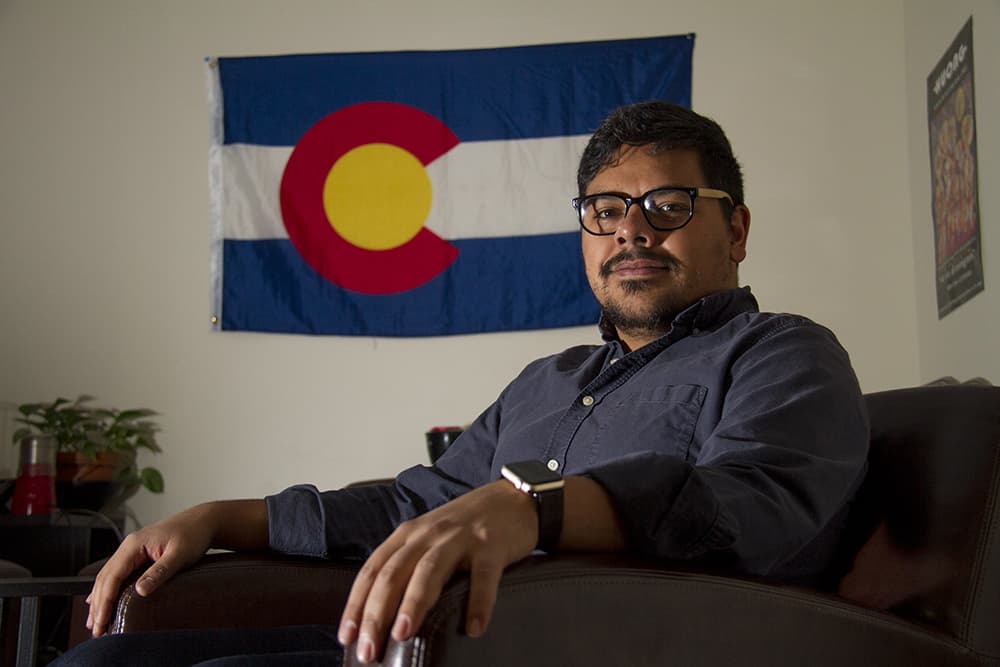
Juan Gallegos, a DACA recipient and the director of civic engagement and legal services for the Colorado Immigrant Rights Coalition, was preparing for the policy fight ahead -- and for the possibility that the nonprofit will no longer be able to employ him.
“We already know that those jobs are probably going to be restaurants — those jobs people work under the table right now. Pretty much going back to that life of being undocumented,” he said last week.
What's your plan for the six months ahead? We want perspectives from anyone with an interest in immigration. Email me.

